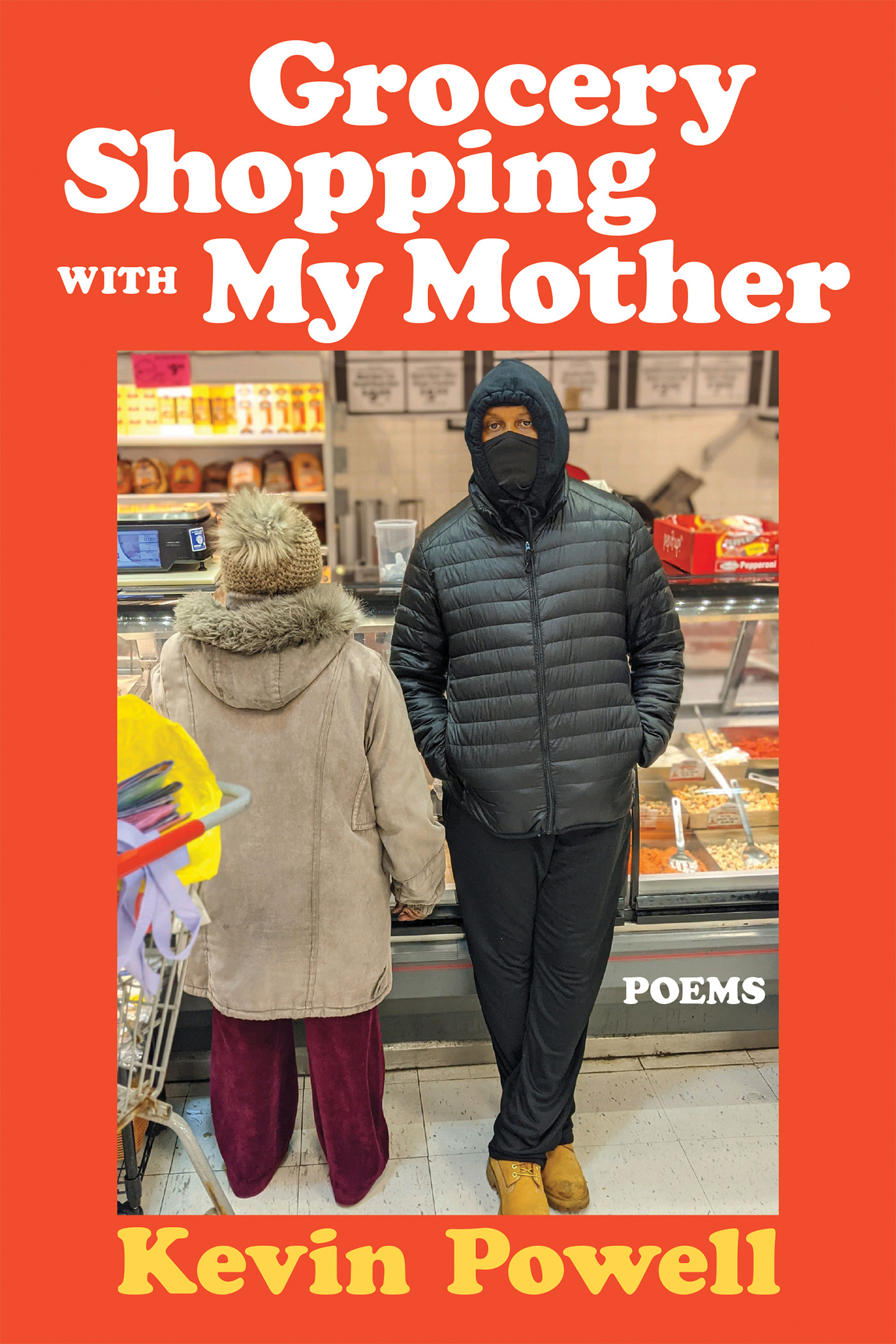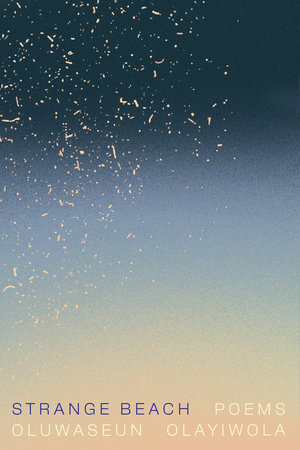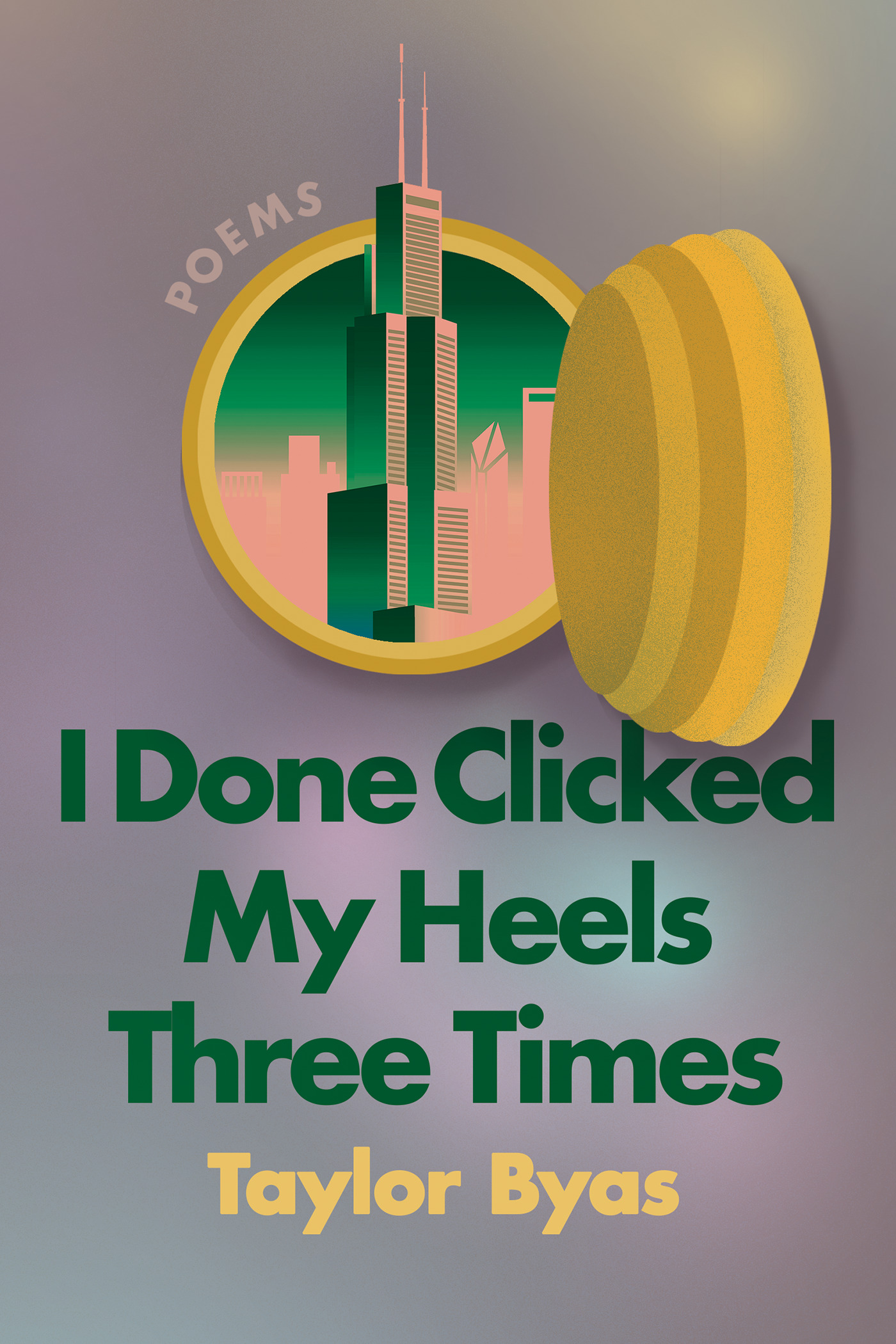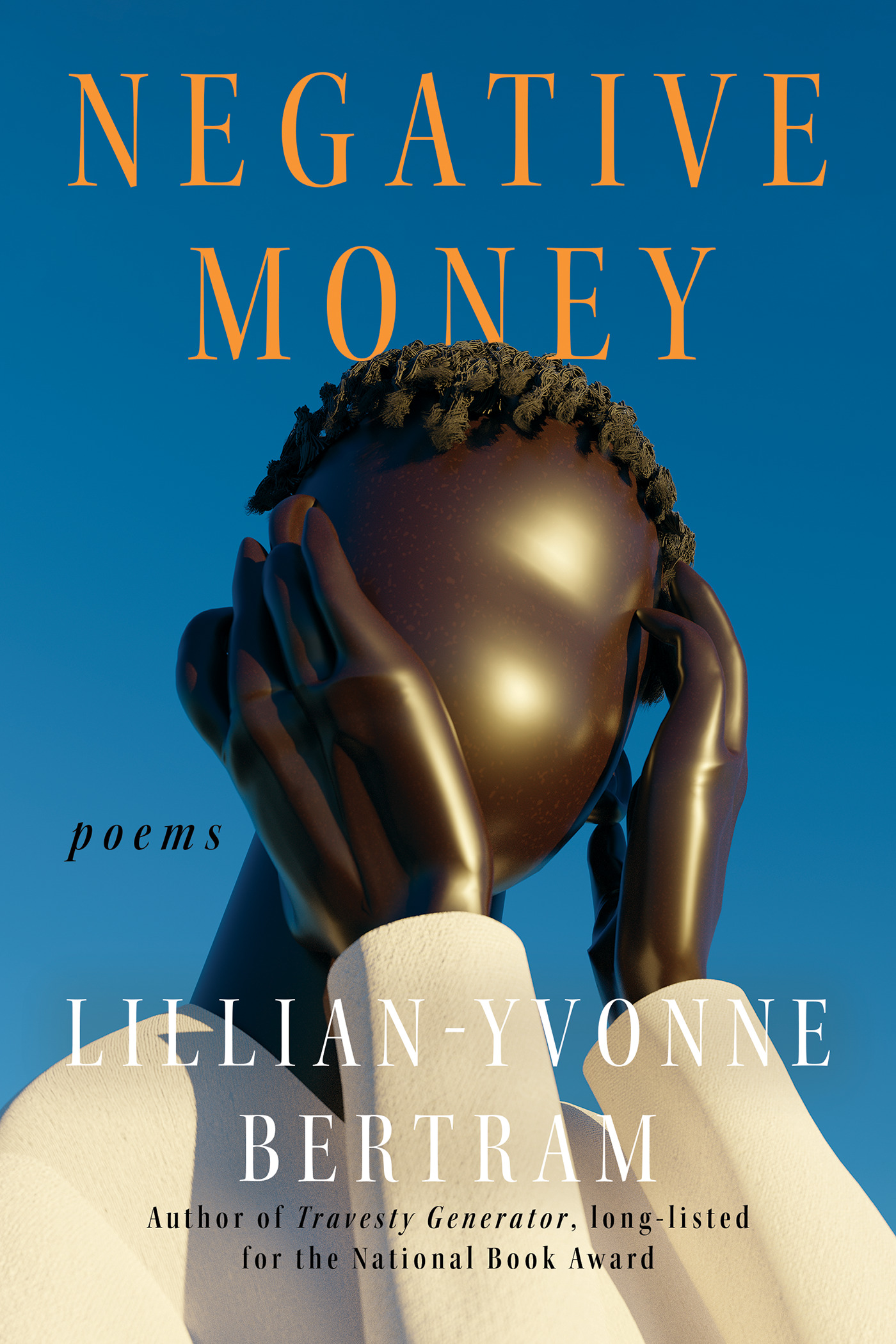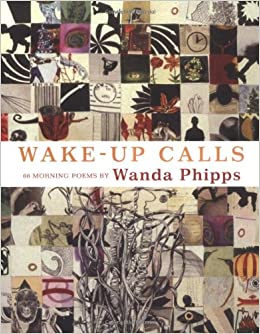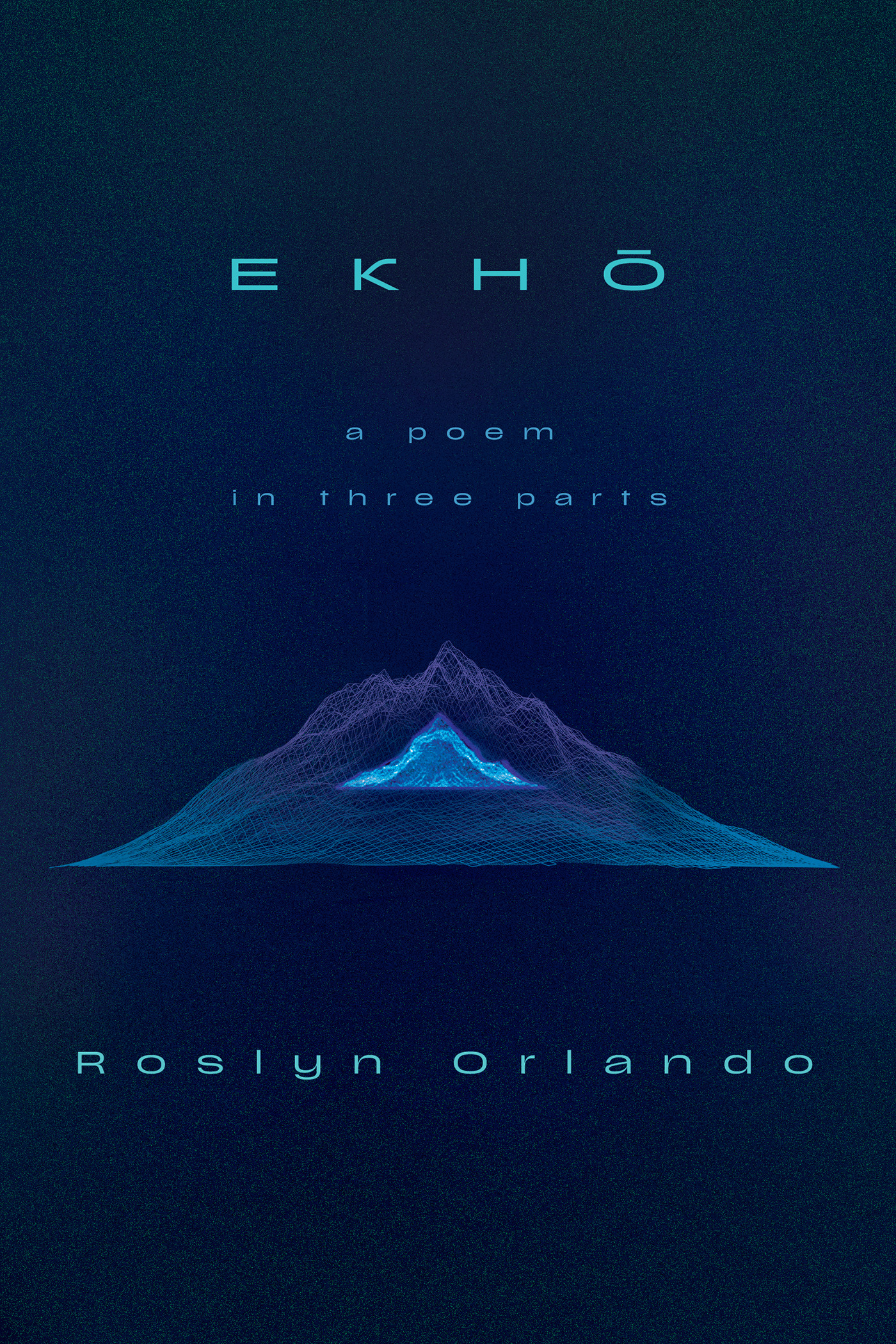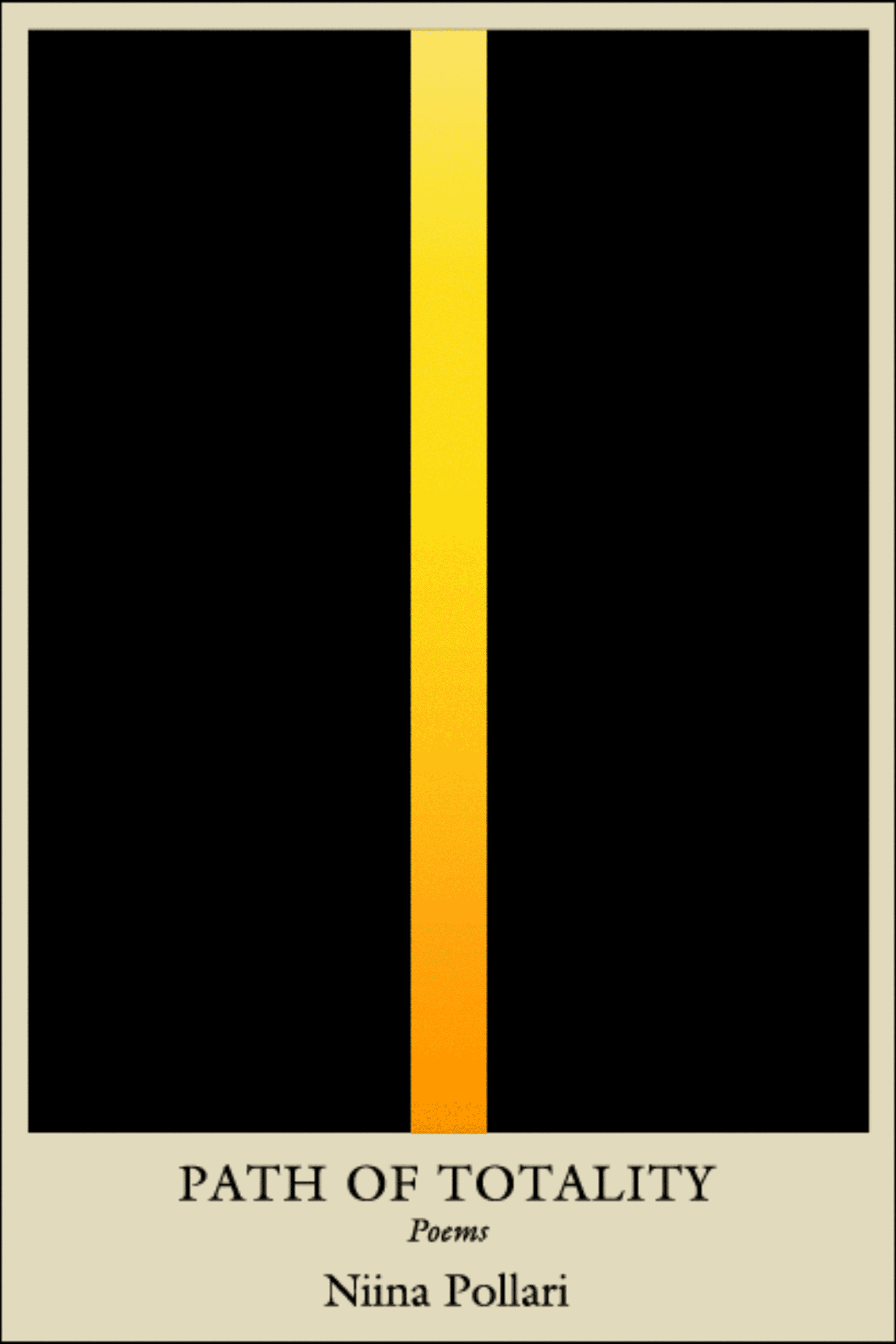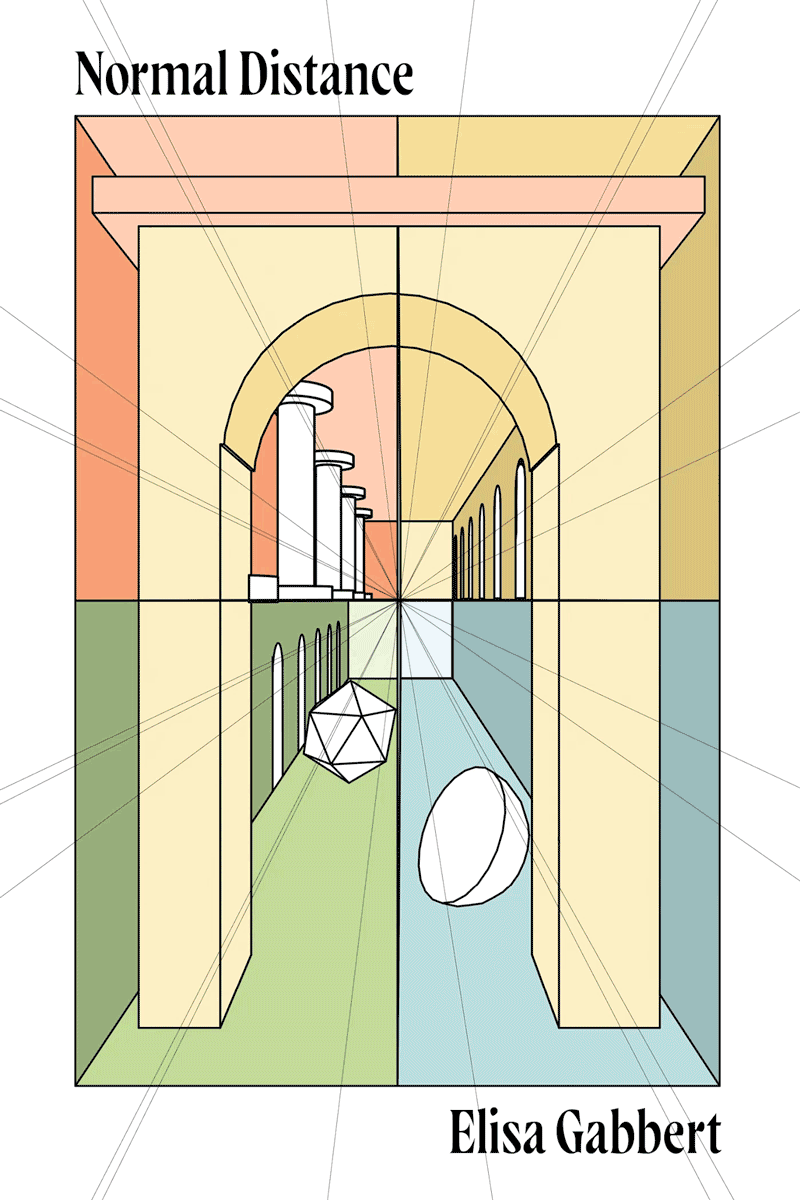
Normal Distance
Elisa Gabbert
Book Description
A collection of funny and thought-provoking poems inspired by surprising facts that will appeal to poetry lovers and poetry haters alike, from the author of the essay collection The Unreality of Memory, “a work of sheer brilliance, beauty, and bravery” (Andrew Sean Greer)
Known to be both “casually brilliant” (Sandra Newman) and a “ruthless self-examiner” (Sarah Manguso), acclaimed writer Elisa Gabbert brings her “questing, restless intelligence” (Kirkus Reviews) to a new collection of poetry.
By turns funny and chilling, these poems collect strange facts, interrogate language, and ask unanswerable questions that offer the pleasure of discovery on nearly every page: How does one suffer “gladly,” exactly? How bored are dogs? Which is more frightening, nothing or empty space? Was Wittgenstein sexy?
The poems in this collection are earwormy, ultracontemporary, essayistic, aphoristic, and philosophical—invitations to eavesdrop on a mind paying attention to itself. Normal Distance is a book about thinking and feeling, meaning and experience, trees and the weather, and the boredom and pain of living through time.
Praise For This Book
A Literary Hub Most Anticipated Book of the Year"Quiet but thoroughly engaging, Elisa Gabbert’s latest collection of poems coaxes readers through observations, opinions, and declarations of facts . . . How its individual lines affect you might have everything to do with where your head is at any given point." —J. Howard Rosier, Vulture
"Elisa Gabbert answers life's most innocuous and important questions in this collection of poems, for people who love and hate poetry alike." —Sophia June, NYLON, One of the Must-Read Books of the Month
"Normal Distance, [Elisa Gabbert's] fourth collection of poetry, is in many ways an extension of her well-established interests as a nonfiction writer. In these poems, however, she takes up the particular and ambitious aim of regarding crisis as weather, as background rather than subject . . . It may be a book about suffering (the title of the second poem is 'About Suffering'), and about boredom and time, but Gabbert largely treats these as the abstractions they are. Here, she’s more interested in the ambient conditions of contemporary life than in the events or experiences that produce them." —Jameson Fitzpatrick, Poetry Foundation
"A collection that has a remarkable ability to make readers ask questions big and small, funny and existentially traumatizing, and more. In witty and sharp language, Gabbert poses just how bored dogs are, how we suffer 'gladly,' and whether it’s more frightening to experience nothing or empty space. Filled with philosophical breadcrumbs to savor throughout, these poems continue to reward on a second, third, and fourth read." —Chicago Review of Books
"In our shared ignorance, Gabbert stokes a sense of wonder . . . Formally, [Normal Distance] moves between long-lined poems brimming over the top with reference, humor, and inquiry. Such pieces are punctuated by compressed fifteen-line poems that venerate the image. In a book where the speaker’s teeming intellect threatens to overtake the average reader, such poems become a breath of fresh air. If the expansive poems are the questions, the condensed works are the answer." —Catherine Fischer, Ploughshares
"Elisa Gabbert’s fifth poetry collective is playful and perceptive. Her poems have fun with language, juxtaposing the ordinary and the metaphysical, interrogating a phrase until its meaning completely changes. Normal Distance is delightful, surprising, and totally thought-provoking." —Electric Literature
"Poet, critic, essayist, and poetry columnist for the New York Times, Gabbert presents a very smart and intriguing book of poems that takes a witty and refreshing approach to expressing emotion through the more rarefied realm of ideas . . . There is humanity here, and cheekiness. But the true distinguishing characteristic is the fullness of a life lived without pretension. Gabbert does what the best poets do: she makes you think and feel at the same time. The poetics of her lines fill the inner void as she addresses mind and heart. Madness, death, boredom all play a role. Gabbert's insights make for a perfect post-pandemic collection . . . These are poems to return to again and again." —Booklist
"New York Times poetry columnist Gabbert, who writes free-verse poems that contemplate the thinking process, here tries to sort her thoughts which swarm like mosquitoes on a summer day into poetry. Some are lists of single lines or clever couplets that are ironic, pleasing to read, and often somewhat darkly humorous, as in the standout 'About Suffering' . . . Gabbert writes her memoir-like poems around quotidian events such as awakening from sleep, going shopping, and contemplating boredom, loneliness, or life during the pandemic, interspersing snappy comments like 'Paper or plastic?' with profundities. All of which leaves readers on edge, which is Gabbert’s intention." —Library Journal
"Questions about time, philosophy, language, and the significance of human emotions color the funny and perceptive fifth collection from Gabbert . . .There is an idiosyncratic logic to Gabbert’s musings that is engaging and accessible to all readers. The humorous, aphoristic quality of Gabbert’s self-examination will charm those seeking a bright, contemporary voice." —Publishers Weekly
“If you were to start Elisa Gabbert’s sharp and companionable new book by reading the Notes, you’d find the tracks of a restless thinker whose trip through the past—what has been written, thought, said, felt—is lined with the present-tense vertigo(s) of self-doubt, forgetfulness, anxiety, pain, joy. But don’t start at the end: read this sequence from the start, open to its unfolding entanglement of quick revelations, ‘the way you fail to see, or recognize yourself, in a mirror at strange angles.’ Like its unresolvable title, Normal Distance vibrates between assertiveness and mystery, poking at philosophy’s rules and continually returning us to questions of a less containable sort: how and what the body knows, and how and what the body of the poem might tell.” —Anna Moschovakis, author of Eleanor, or, The Rejection of the Progress of Love
“Reading Elisa Gabbert’s Normal Distance is like seeing through ‘a mirror at strange angles,’ where contradiction and paradox fascinate and stymie the human drive to know. I loved wandering with Gabbert through extended, long-lined meditations and drilling down with her into short intense lyrics on the eternal subjects—suffering, boredom, madness, the moon—like I’d been taken in hand by a mad hatter epistemologist, wondering why we think we know what we know. You can use Normal Distance for bibliomancy, opening its pages at random to find just the right words for what ails you, and what might lift your mind and spirit too. It’s friendly and surprising, thinking with Gabbert: her wit is sly, her apprehension of the ordinary so strange and true: ‘We are born not remembering why we walked into the room.’” —Dana Levin, author of Now Do You Know Where You Are
“‘There is a hole in your nightmare / you could fall down,’ writes Elisa Gabbert from America of the 2020s, where ‘normal’ has never been ‘normal’ and now distance is up in your face. ‘Every year, when the lindens bloom, I think of the year / when the lindens didn't bloom,’ begins this journey wherein distraction helps thinking and precision allows perspective, and indecision, which by now is a character trait of a large group, touches on metaphysical: ‘everything reminds me of it, but I don’t know what “it” is.’ But Gabbert knows answers, and isn’t afraid to share them: ‘We are born not remembering why we walked into the room.’ She knows, too, that ‘what it wants is desire. / A barrier to crossing / the chasm of the day.’ The metaphysics in this book is felt, and lived, and searching. The questions are playful, the answers are wise, and the language is always precise, beautiful. Normal Distance is a joy to read and re-read.” —Ilya Kaminsky, author of Deaf Republic and Dancing in Odessa








